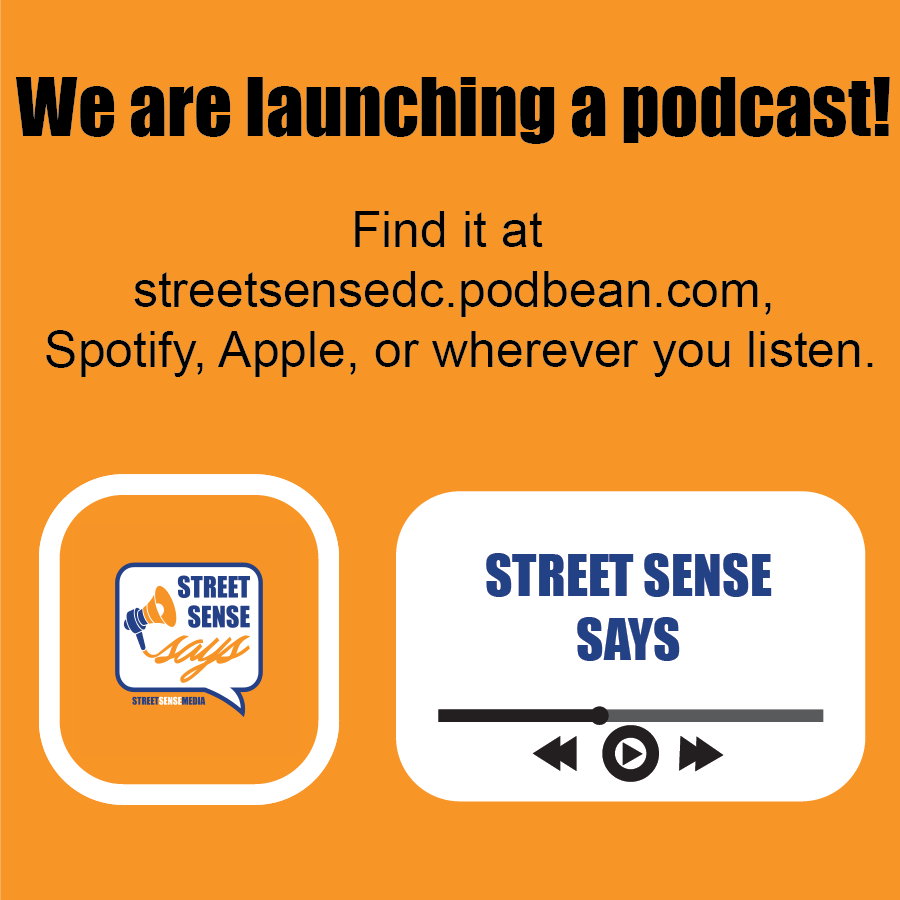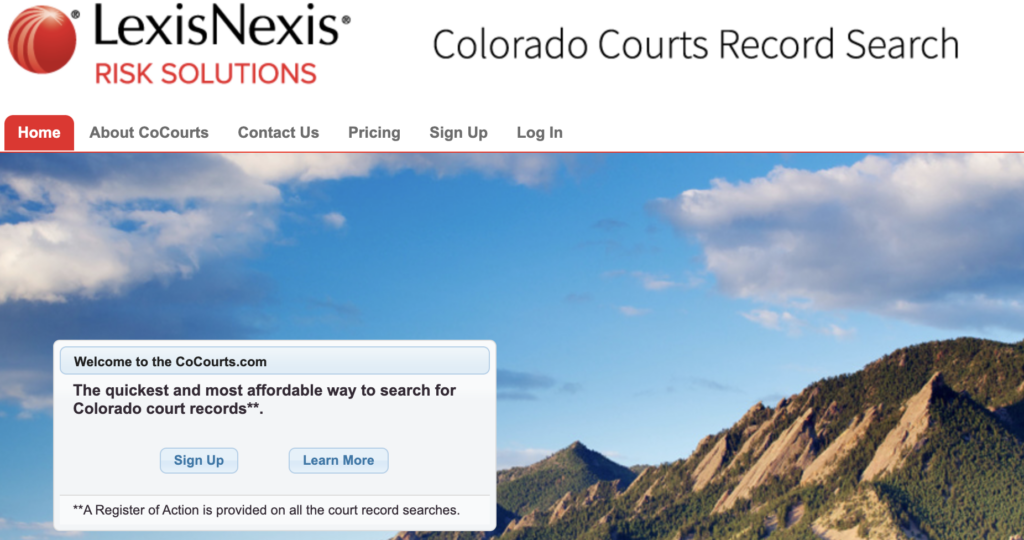Having been through several stages of homelessness — living in my own gutted house without utilities; living years in a vehicle; living at the place where I worked; living in shelters; and living out in the open — I’ve observed many people who provide services to homeless and low-income communities. Unfortunately, it often seems as though they did little research about homeless people in the area they service, and they aren’t as helpful as they could be.
For instance, people often bring far more food than those who get it can refrigerate and reheat, since most homeless people have neither a fridge nor a stove. As a result, most of the food is wasted or spread over the ground to feed the rats. Or they put condiments like mayonnaise directly in the food, but some people hold onto food (especially sandwiches) to eat later that day or the next. Without refrigeration, some of that food grows undesirable bacteria.
People tend to distribute food and supplies when it is most convenient for them, mostly on dry and warm weekends and holidays. Or they show up back to back with other groups that give out similar resources. They often bring the same amount of food and supplies every week; not realizing that early in the month is when many homeless people get checks and food stamps. When that money is all gone, lines start getting longer.
With few exceptions, most groups bring the same things: hats, gloves, scarves, soap, toothpaste, and toothbrushes. The foods tend to be high in salts, sugars, and cooking grease; most of which cause or worsen a lot of medical issues. If there are healthier foods, they arrive in the same bag as heavily-scented soaps, adding that flavor to the foods.
The people dropping off the food and supplies rarely stick around long enough to see how much gets thrown in the trash or left lying around, or to clean up after themselves or their customers. Frequently, they leave what they could not give away laying around on the ground or on the benches, which makes the park look all the trashier and attracts more rats.
All of that “help” does nothing but make the recipients of it all the more dependent upon it.
Why should a brand-new pair of shoes or sleeping bag have any value? After all, most of the time, the person will get another in a week or three from a different group.
With all the funds associated with these efforts, what I’ll call “the homeless industrial complex,” along with involuntary hospitalization, I think the government could buy a very large hotel in nearly every major city within 10 years. That’s much less time than the hundreds of years people have been trying to end poverty. They could then implement the following strategies to more effectively help homeless people.
Pooling resources is an insurance blanket — not just when it comes to organizations claiming to help the homeless; but also when it comes to stopping the government from unjustly violating people’s rights.
The various homeless outreach organizations could pool their cash and resources to buy or build a new 1,500+ room hotel that is up to modern standards and close to all the conveniences of society (hospitals, shopping malls, transportation, and food stores). The smallest rooms should easily house two agreeable persons without them feeling cramped.
The outreach organizations could coordinate their workers on the streets 24 hours a day, seven days a week to inform the homeless people they find about the program. This eliminates duplicated efforts. Then the outreach worker could call into their dispatch to have some supplies delivered to those who refuse to go in, including having homeless outreach workers contacted when police and/or medical personnel are called for wellness checks.
To earn a private room, each homeless person would be required to do three to five hours of community service per day (such as picking up trash and maintaining public areas).
For the community service, the homeless person would receive 24-hour access to their bed, shower, toilet, electricity, internet; a fixed permanent address for mail, banking, employment, temporary job placement; as well as meals that work with their schedule. Utilities such as water, electricity, and internet would be free up to a minimum base use amount per person. From there, the person would be expected to pay for overage; which is intended to get people out looking for work, or at least respectfully panhandling to afford the extras.
Part of making this happen includes a society more knowledgeable about civics and selecting better candidates for government office. Constitutional law clinics use the Declaration and the Constitution to protect the people’s rights. This includes filing injunctions to stop encampment closures and hold the government accountable for their poor and sometimes criminally incompetent maintenance of public areas.
Knowing what needs to be done does not make it any easier to get it done, though it is an excellent place to start. Getting government and keeping government under the citizen’s control was never intended to be a one-person job. We are intended to work together for that purpose.
We really are this close to accomplishing these objectives. All we need to do is enforce the already existing unity of our contractual vote to complete the task. I’ll cover this subject in my next article. I welcome comments and challenges of accuracy at [email protected]. Thank you.








